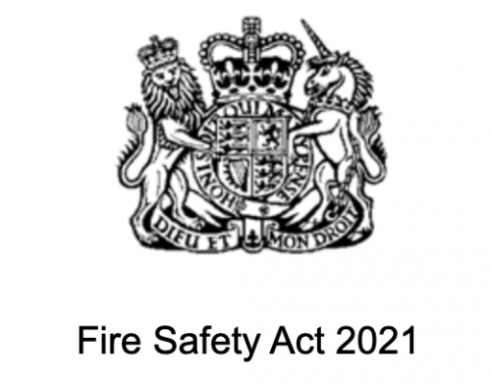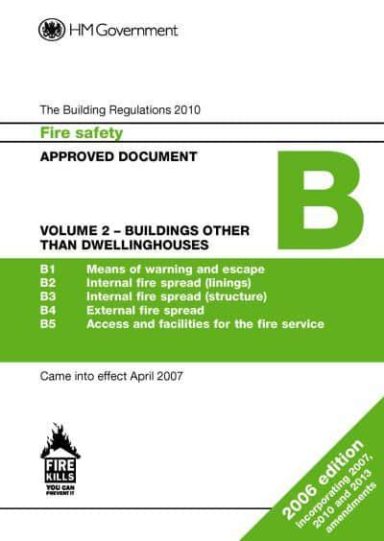Fire safety in the workplace.
What is the fire safety order (Regulatory Reform (Fire Safety) Order 2005)?
If you own, manage or operate a business, you need to comply with fire safety law. The main law is the Regulatory Reform (Fire Safety) Order 2005. It applies across England and Wales and came into force on 1 October 2006.
The Regulatory Reform (Fire Safety) Order 2005 (RRO) has undergone a few changes to improve fire safety in all buildings regulated by the RRO. These improvements form Phase 3 of the Home Office’s fire safety reform program, building on Phase 1 (the Fire Safety Act 2021) and Phase 2 (the Fire Safety (England) Regulations 2022) . The new changes came into force on 1 October 2023 .
Fire Safety Act 2021
The new regulations will improve cooperation and coordination between Responsible Persons (RPs), increase requirements in relation to the recording and sharing of fire safety information, make it easier for enforcement authorities to take action against non-compliance, and ensure residents have access to comprehensive information about fire safety in their building .
Guidance to support RPs in understanding and meeting these new requirements will be published before they come into force . The Home Office has also published 3 new fire safety guides on small non-domestic premises, small blocks of flats, and for small sleeping accommodation. These replace the old short guide to making your premises safe from fire.
Who does it apply to?
The RRO and the Fire Safety Act 2021, applies to almost all buildings, places and structures other than individual private homes – that's individual flats in a block or family homes.
Other places covered by the Order include shared areas in houses in multiple occupation (HMOs), blocks of flats and marionette's.
If you have paying guests, for example if you run a bed and breakfast, guesthouse or let a self-catering property.
You’re responsible for fire safety in business or other non-domestic premises if you’re:
- an employer
- the owner
- the landlord
- an occupier
- anyone else with control of the premises, for example a facilities manager, building manager, managing agent or risk assessor
You’re known as the ‘responsible person’. If there’s more than one responsible person, you have to work together to meet your responsibilities.
The Fire Safety Order also applies
What are your responsibilities?
You need to make sure:
- Your premises reach the required standards.
- Employees are provided with adequate fire safety training.
What does 'adequate fire safety training' mean in practice?
It varies from business to business, but generally includes:
- Induction training to cover general fire awareness.
- Periodic refresher training, or extra training where the level of fire risk increases as a result of changes in your operations.
- Training to support people in meeting their fire safety duties – for example, keeping your 'responsible people' up to date.
- Training to build appropriate skills such as fire risk assessment, fire warden or using fire extinguishers.
What about Fire Risk Assessments?
It's mandatory to carry out a detailed assessment identifying the risks and hazards in a commercial premises. By law, if you are responsible for the premises, you need to make sure that a Fire Risk Assessment has been completed by a competent person. Additionally, your Fire Risk Assessment must be recorded. The responsible person for the premises is also required to:
- Consider who may be especially at risk.
- Eliminate or reduce the risk of fire as far as is reasonably practical.
- Provide general fire precautions to deal with any risk.
- Take additional measures to ensure fire safety where flammable or explosive materials are used or stored.
- Create a plan to deal with any emergency and where necessary record any findings.
- Maintain general fire precautions, and facilities provided for use by firefighters.
- Keep any findings of the risk assessment under review.


We need your consent to load the translations
We use a third-party service to translate the website content that may collect data about your activity. Please review the details and accept the service to view the translations.




